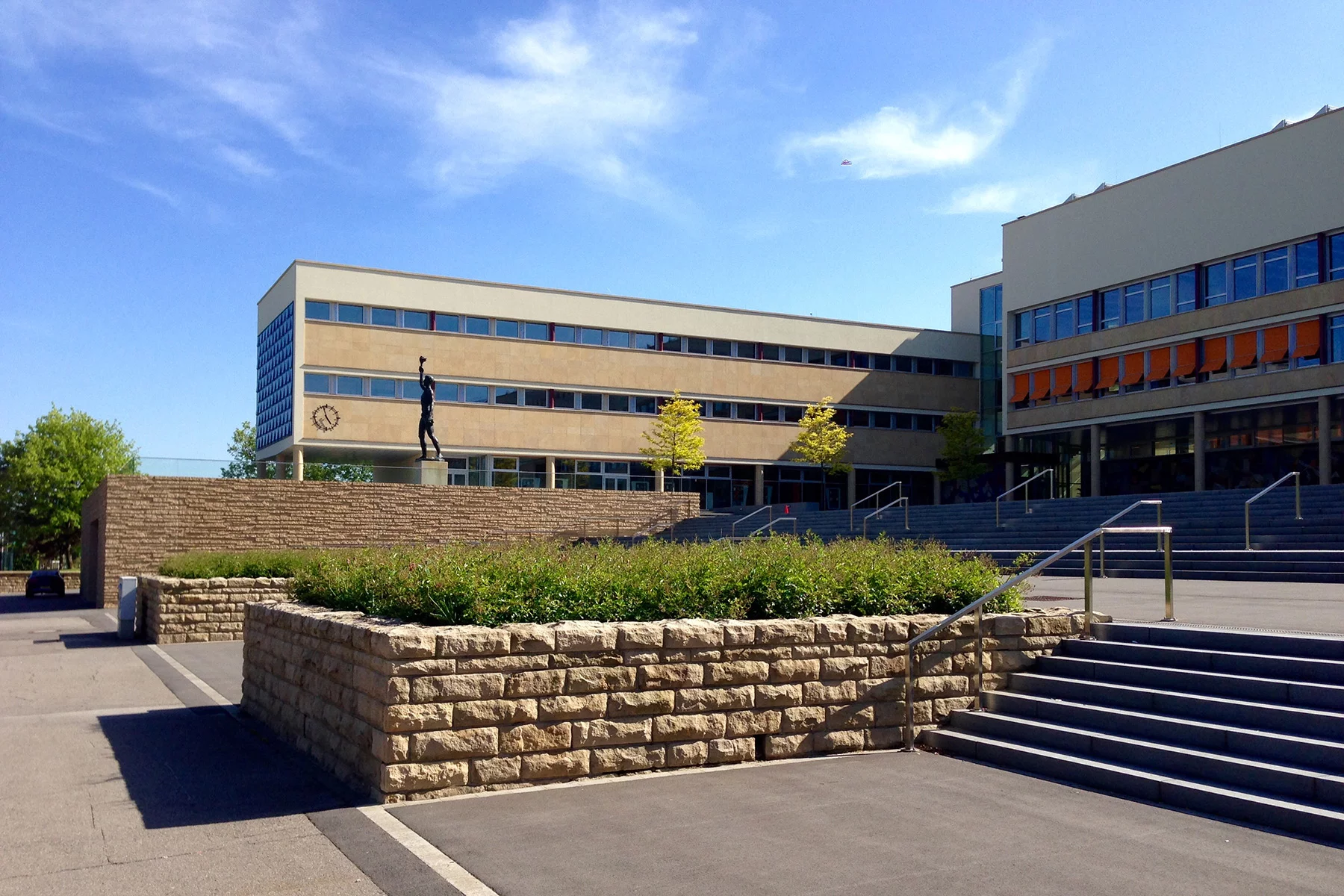Introduction
Luxembourg, one of the smallest countries in Europe, has a highly developed education system. The country’s education system is well-regarded for its high standards and innovative approach to learning. In this article, we will explore the education system in Luxembourg, the international schools available, the cost of education, and what student life is like in this unique country.
Overview of Luxembourg
Located in Western Europe, Luxembourg is a landlocked country bordered by Belgium, Germany, and France. The country has a population of just over 600,000 people, and the official languages are Luxembourgish, French, and German. Luxembourg is known for its high standard of living, low crime rates, and strong economy.
Education System in Luxembourg
Luxembourg has a highly developed education system that is known for its innovation and high standards. The country has a compulsory education system that begins at the age of four and lasts until the age of 16. Here is an overview of the different levels of education in Luxembourg:
Pre-primary Education
Pre-primary education is not mandatory but is highly encouraged. Children aged four can attend a pre-primary school for two years. The focus of pre-primary education is on the development of social and language skills.
Primary Education
Primary education is mandatory in Luxembourg and lasts for six years. Children start primary school at the age of six, and the curriculum includes subjects such as mathematics, languages, and social studies.
Secondary Education
Secondary education in Luxembourg is divided into three stages: lower secondary education, upper secondary education, and vocational education. Lower secondary education lasts for four years, and upper secondary education lasts for three years. Vocational education provides students with practical skills for the workforce.
Higher Education
Luxembourg has two public universities: the University of Luxembourg and the Luxembourg Institute of Science and Technology. Both universities offer undergraduate and graduate degrees in a wide range of subjects, including business, law, and engineering.
International Schools in Luxembourg
Luxembourg is home to a diverse population of expatriates, and as a result, there are many international schools in the country https://luxtoday.lu/en/knowledge/luxembourg-schools-how-does-the-school. These schools offer an education in English, German, or French and follow a curriculum similar to that of schools in their home country. Some of the most popular international schools in Luxembourg include the International School of Luxembourg, the European School Luxembourg, and the St. George’s International School.
The Language Barrier
Luxembourg is a multilingual country, with three official languages: Luxembourgish, French, and German. While this presents a unique cultural experience, it can also create challenges for those who do not speak these languages. Students attending Luxembourgish schools must have a good command of Luxembourgish to be successful. However, international schools offer an education in English, making it easier for non-native speakers to get an education.
The Cost of Education in Luxembourg
The cost of education in Luxembourg varies depending on the level of education and the type of school. Public schools are free, but there may be additional costs for things like textbooks and school supplies. Private schools, including international schools, can be expensive, with tuition fees ranging from €8,000 to €25,000 per year.
Student Life in Luxembourg
Luxembourg has a vibrant student community, with a range of activities and events to get involved in. The country has a rich cultural scene, with museums, galleries, and theaters to explore. Luxembourg City, the capital of the country, is a popular destination for students, with its historic center, vibrant nightlife, and excellent restaurants.
The Future of Education in Luxembourg
Luxembourg is committed to providing a high-quality education to its citizens and has invested heavily in its education system. The country has a strong focus on innovation and is continuously developing new approaches to education. In recent years, Luxembourg has invested in research and development, particularly in the areas of science and technology.
Conclusion
Luxembourg’s education system is highly regarded for its high standards and innovative approach to learning. The country’s education system offers a wide range of options, from pre-primary education to vocational training and higher education. International schools are also available for non-native speakers of the official languages. While the cost of education can be high, Luxembourg offers a vibrant student community and a range of cultural activities.
Lucas Noah, armed with a Bachelor’s degree in Information & Technology, stands as a prominent figure in the realm of tech journalism. Currently holding the position of Senior Admin, Lucas contributes his expertise to two esteemed companies: OceanaExpress LLC and CreativeOutrank LLC. His... Read more
